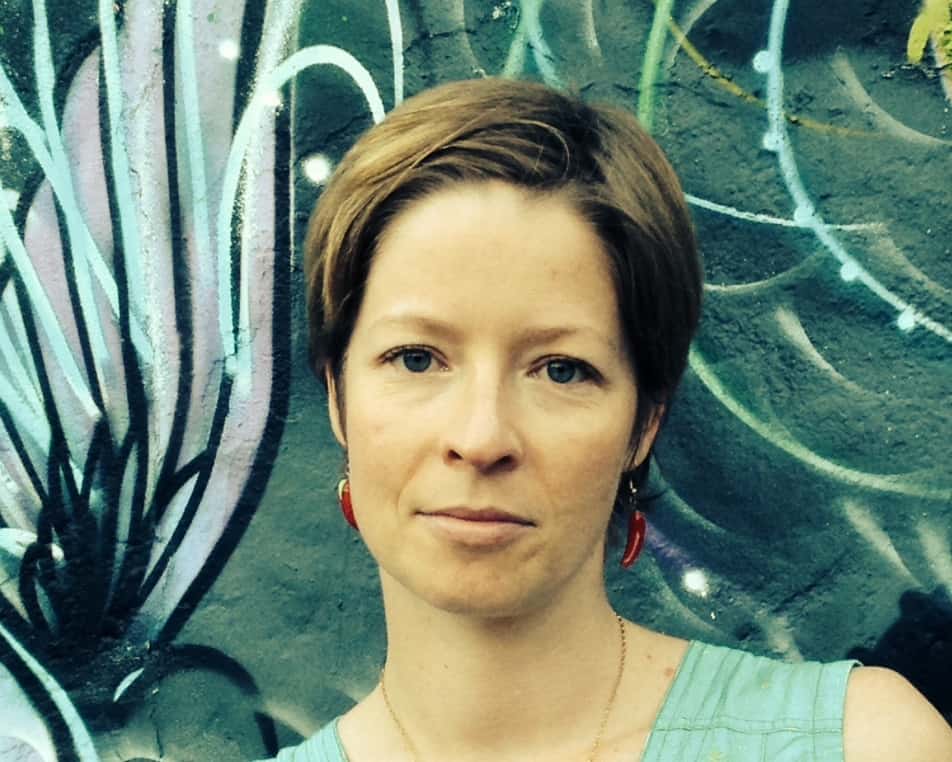
Photographed by Rebeca Figueirdo
Fazenda Atalaia is bustling with life when I arrive, hungry from the 85-mile early morning drive out of São Paulo into the Serra da Mantiqueira—a mountain range that stretches some 300 miles across swathes of São Paulo, Minas Gerais, and Rio de Janeiro states. Tractors thunder about, cows are mustering for milking time, and the recently arrived flock of ewes is in the midst of giving birth to the farm’s first batch of lambs. A strong espresso and a bowl of steaming pão de queijo (cheese bread made with the farm’s own cheese) provide a restoring welcome and encapsulate the synergy here between cheesemaking and hospitality.
A steady stream of visitors turns up throughout the day for coffee, lunch, or just to stock up on cheese, bread, and freshly baked cakes. Cheesemaker Rosana Rezende greets everyone with typical Brazilian cheer and open arms. Fazenda Atalaia hasn’t always been a destination for visitors, though. This shift came about in 2016, almost from one day to the next, when Rosana’s Tulha cheese won a coveted Gold medal at the World Cheese Awards in Spain—the first artisanal Brazilian cheese to do so.
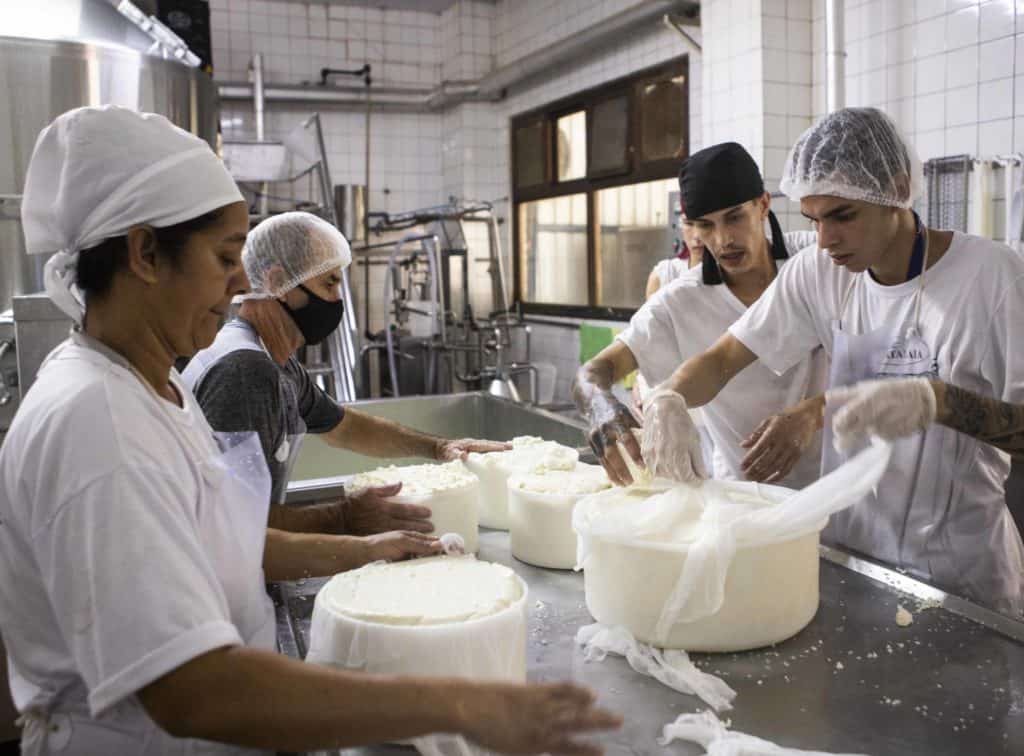
“I remember it as though it was today, I almost fainted,” she tells me, laughing. The São Paulo cheese merchant Bruno Cabral from Mestre Queijeiro, who had taken her samples to the awards, rang Rosana with the news and told her to get ready to make a lot of Tulha. “‘Tulha is going out into the world,’ he said to me. And that’s how it happened. It was a whirlwind of people. They didn’t want to know if we were ready, they came anyway.”
Blazing a Trail
Fazenda Atalaia is on a growing trail of gourmands heading to the Serra da Mantiqueira to visit the cheesemakers, wine makers, organic farms, olive oil producers, and restaurants that have started opening in the region in the last decade or so, fueled by an exodus of city-dwellers in search of the good life. Unlike neighboring Minas Gerais, which is famous for its cheeses and even has a couple of (PGI) Protected Geographical Indication seals, the São Paulo stretch of the Serra da Mantiqueira doesn’t have a cheesemaking heritage to speak of. It’s precisely that lack of tradition that has opened the door for a group of plucky cheesemakers—women, for the most part—to master the art and give their cheeses a unique identity.

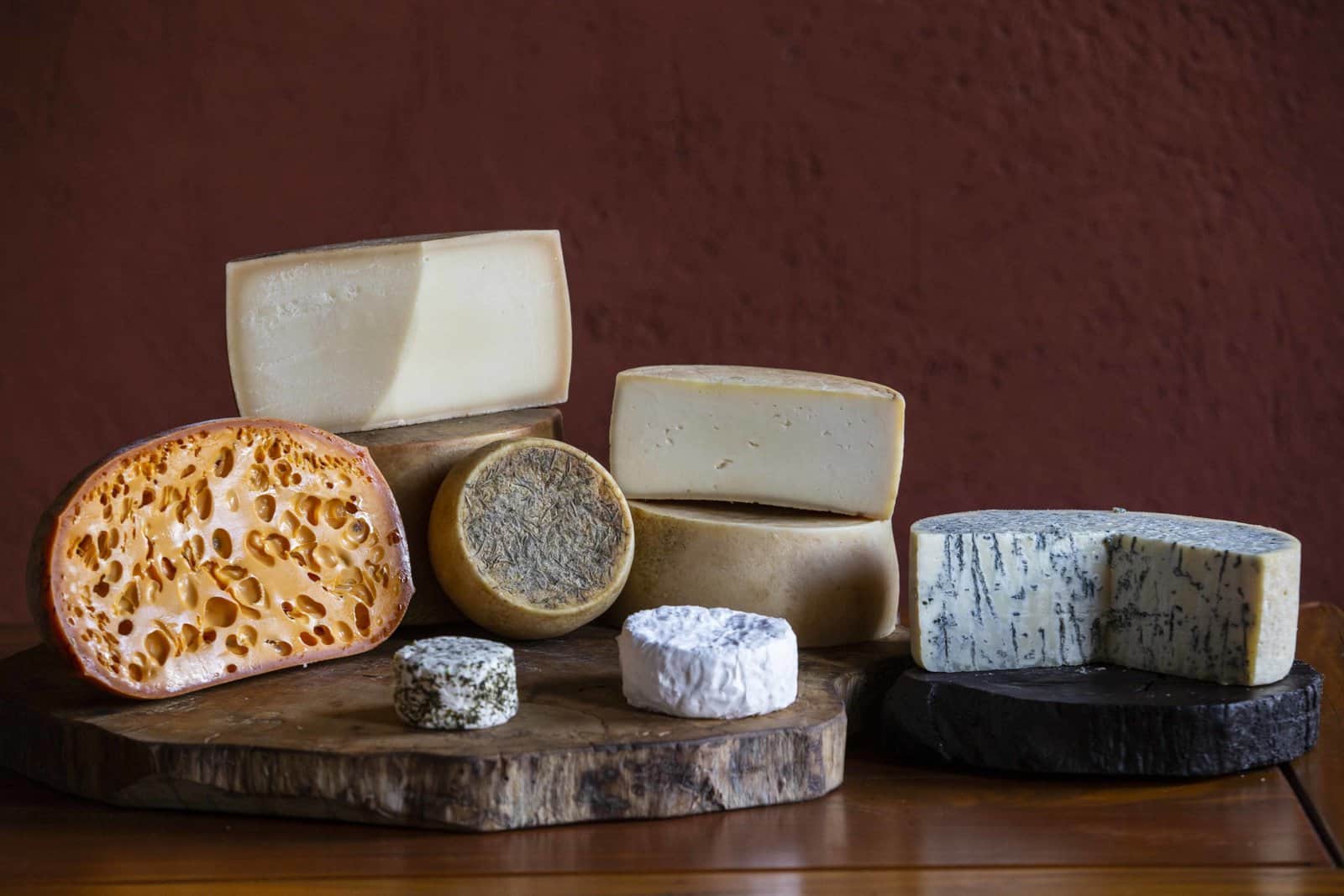
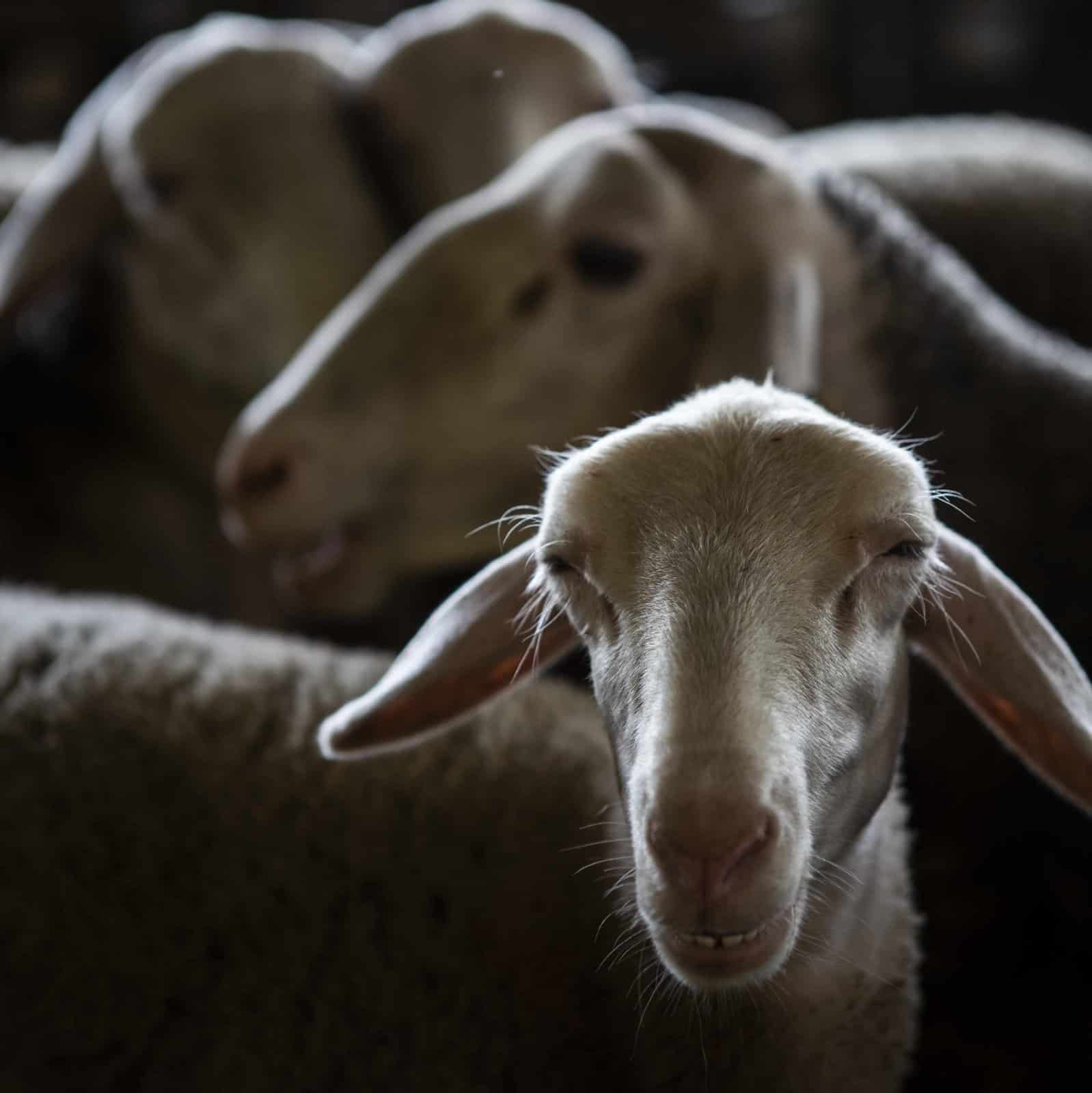
“All the cheese in the Serra da Mantiqueira has been created in the past 20 years,” Rosana explains. “We’re part of the Caminho do Queijo Paulista [an association of artisanal São Paulo producers] with 13 cheesemakers, and none of them come from a cheesemaking background. They all started to make cheese for passion.” Rosana is an exception: She grew up in Minas Gerais, where cheesemaking is the norm for rural families.
“I’m a farmer’s daughter, and my father made cheese his whole life for the family to eat and whatever was left over he sold,” she says. When she married her husband, Paulo, the couple dreamt of raising their children at Fazenda Atalaia—the coffee farm that belonged to Paulo’s grandfather, and where Paulo spent vacations growing up. They fulfilled that dream as newlyweds, some 30 years ago, when they took over running the farm.
Rusting machinery and raised brick patios for drying coffee cherries are still there for visitors to see, a testament to the farm’s origins, which date back to the late nineteenth century. The couple also inherited a small herd of cows, whose milk was sold to a nearby dairy plant until the plant shut down, so Rosana started to make the fresh cheese she remembered from her childhood. When they got certification to supply the local supermarkets, Paulo added some Dutch cows to the local Zebu herd. There are now 300 head of cattle, all born on the farm, plus goats and sheep, which together provide milk for more than 20 types of cheese.
The Tulha cheese is still their star, however. Given its international success, I’m surprised to learn that Rosana only started to experiment with aging in 2012. Without the finances to invest in a cold chamber, she and Paulo set up a room within the old granary (called “tulha” in Portuguese, hence the name) where the coffee beans used to be stored. The 13-pound rounds of cheese—5,000 on average at any one time—are laid out on wooden shelves and turned every day. At first, Rosana struggled to find a market for the aged cheese, but with a growing interest in artisanal cheeses, consumers’ tastes have changed.
The cheesemakers who are part of the Caminho do Queijo Paulista are mainly women. “In Minas Gerais, traditionally there was always a woman behind the cheesemaker, except that she wasn’t visible,” explains Rosana. “It was different in São Paulo—the women appeared because they’re the ones that started the production. And when it comes to giving identity to the product—the maturing, when to turn the cheese, if you want a washed rind, or fungus— each one has the freedom to do it the way they want.” The result? “There are no two cheeses the same, and this is so enriching. São Paulo is creating this movement.”
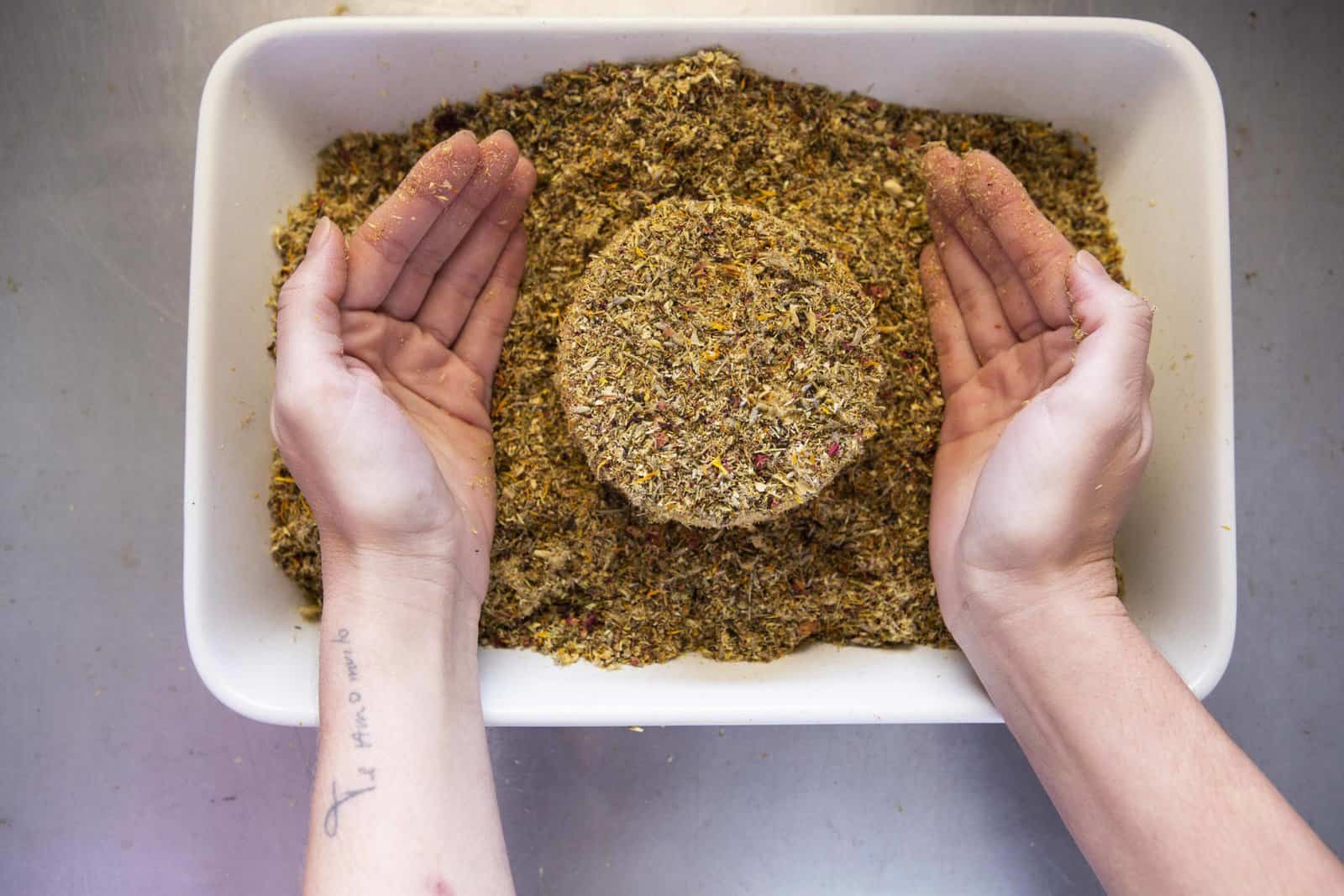
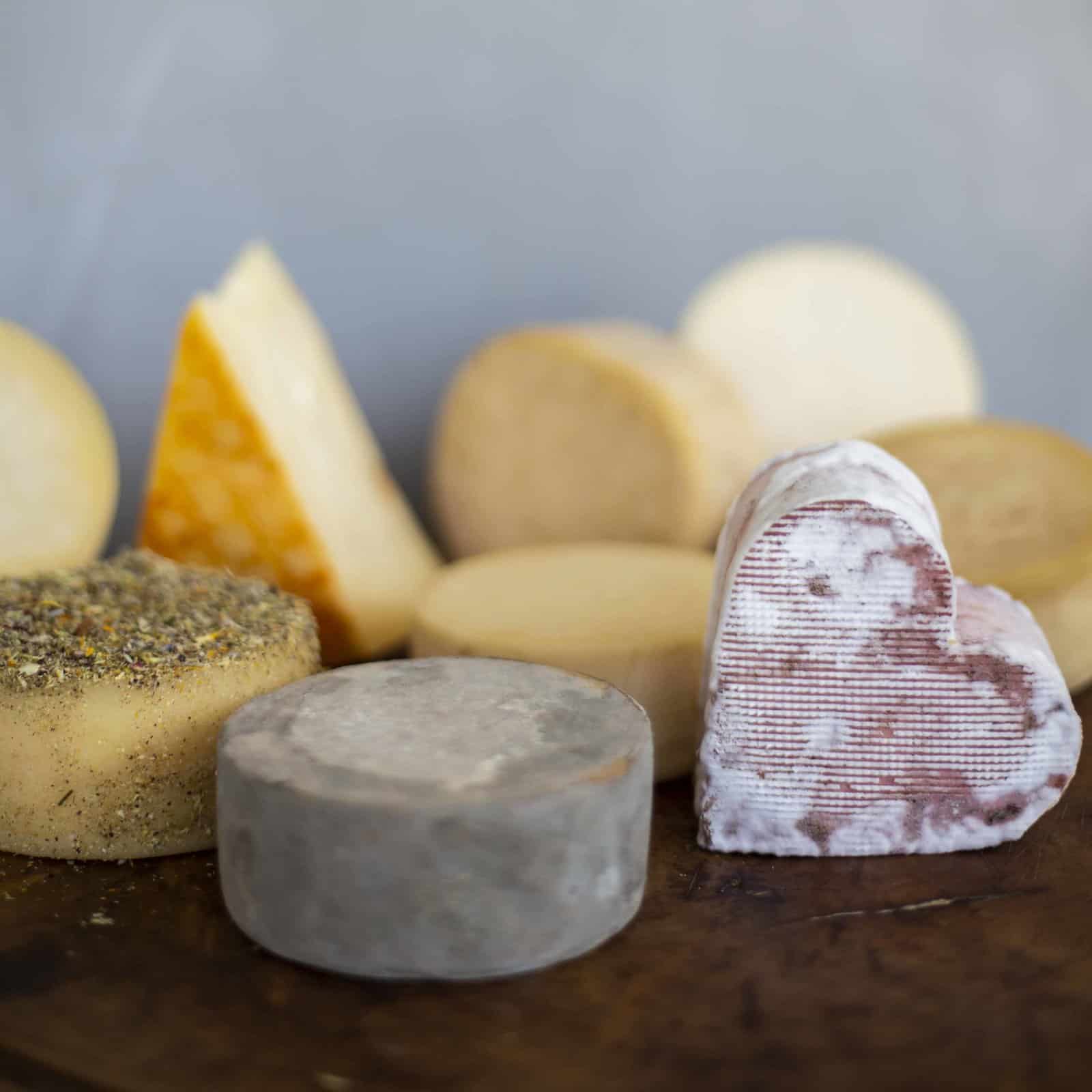
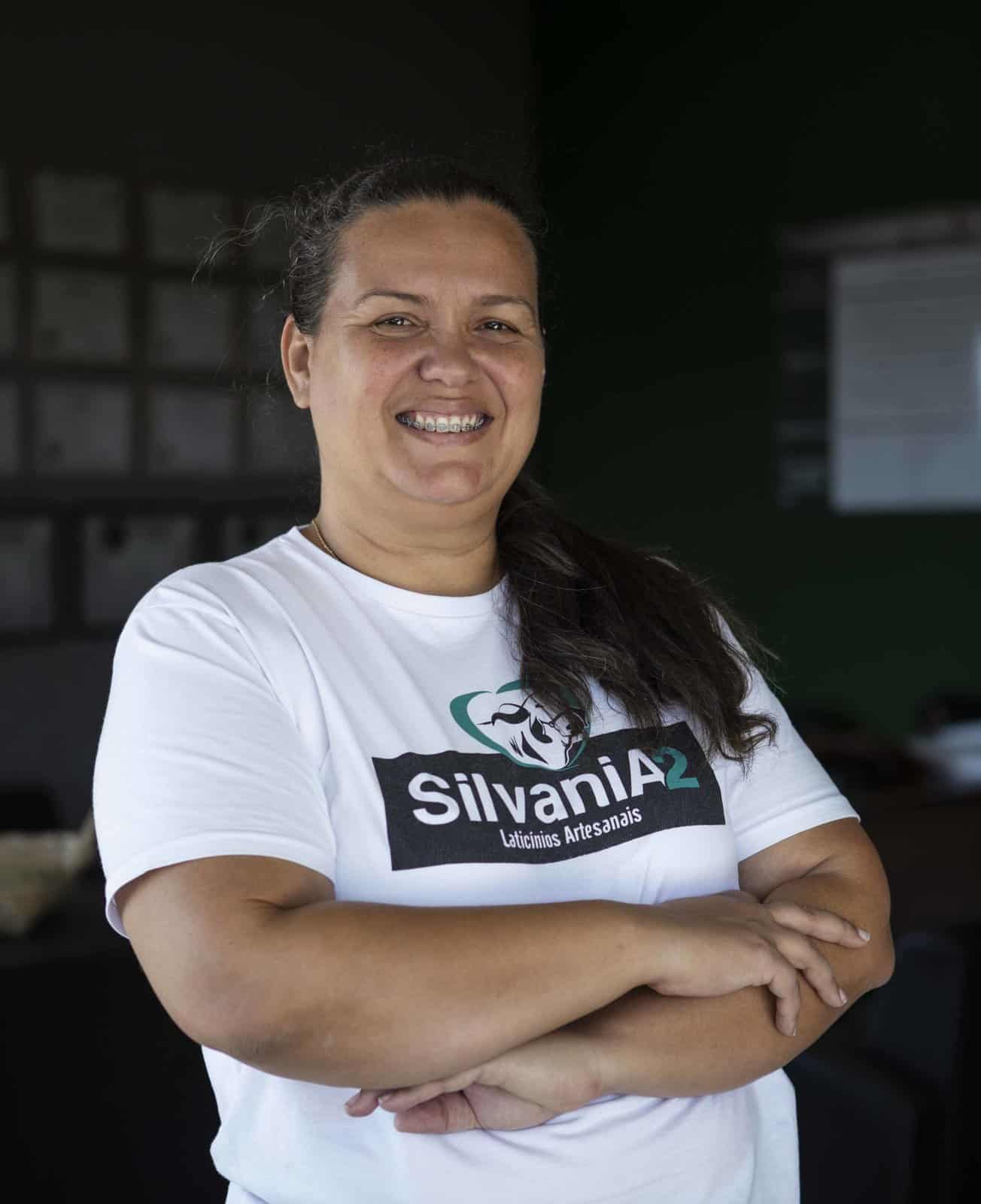
Winning Ingredients
Some 120 miles further east, there’s another determined woman at the helm of an award-winning dairy farm, Estância Silvânia. The cheesemaker Camila Almeida didn’t grow up making cheese, but she has put herself through dozens of courses to master her skills, including at the Academie MonS in the Loire department of France. A wall of trophies in the farm shop suggests that Camila’s studies are paying off. At the Concours Mondial du Fromage et des Produits Laitiers in France last year, she won an astounding five medals.
Camila puts the success down to the key ingredient: milk, 132 gallons of it, produced every day from the herd of 200 Gir cattle—a breed originally from India that is well adapted to the hot climate. Each cow has a name, even the newborn calves that suckle their mothers for up to 10 months—a system called “calf at foot” that is becoming known as “ethical milk.”
In another advantage over some European cattle breeds, their milk has no A1 beta casein, a protein that is more likely to cause intolerance than A2 beta casein. Camila and her husband Eduardo, a veterinarian, have spent years selectively breeding the herd, cloning a prize-winning bull, and genetically testing the milk, which is used unpasteurized to make the farm’s range of 12 cheeses. “When you pasteurize milk, you lose everything: the bacteria, the terroir,” explains Camila. “I want the cheese to reflect the taste of the milk. To have excellent cheese you need excellent milk, and to be unique, it has to be raw milk.”
The taste of the mountains isn’t just in the milk. Camila incorporates other local ingredients in delightfully daring ways. A Christmas favorite is the Taiada Silvania, a semi-cooked cheese studded with peanut-sized içá ants, which fascinated the judges in France at the Mondial du Fromage, she says. A delicacy in the surrounding valley, the ants make a mass exodus from their nests with the first torrential rains of summer, sending the locals into an ant-collecting frenzy. The Primavera, which won Gold at the Mondial du Fromage, is a firm, slightly crumbly cheese made with a hint of lavender oil. I watch as the small rounds are sprinkled with edible flowers—hibiscus, calendula, jasmine, roses, and chamomile, all grown nearby—before being vacuum sealed to age for a month.
Plans are under way to turn the bucolic farm setting into something wilder—all of the pasture will soon be developed into native forest. The benefits are broad, from increased animal productivity and biodiversity to conservation of natural resources.
“We’re going to plant fruit trees,” Camila enthuses. “The fruit will provide a return, too. I plan to make jam and fruit sweets to put in the yogurt. We’ve already planted 4,000 trees and are going to plant around 5,000 more.” Camila plans to have the cattle roaming among the trees on the 148-acre farm in just two years. It’s one of the many things I love about Brazil—that nature in this tropical climate can bounce back so fast. If land can be productive for farmers and also restore ecosystems, it’s a glimmer of hope in the fight against climate change. “People think that in Brazil it’s all deforestation. But there are lots of people who do the right thing. When you win an award like [Mondial du Fromage], you show another reality. It’s good not just for us, but for Brazil.” And for cheese lovers.
TASTING NOTES
FAZENDA ATALAIA
Tulha
Milk: Pasteurized cow
Tulha was Fazenda Atalaia’s first foray into matured cheese, and it put the farm on the map when it won Gold at the World Cheese Awards in 2016. A parmesan-style cheese matured for 12 months, it is firm and lightly acidic, with crunchy tyrosine crystals and lightly sweet, salty, and fruity notes.
Alvorada
Milk: Pasteurized cow
Penicillium roqueforti is the starter culture added to uncooked curds to create this delicate, blue-veined cheese that is soft without being oozy. Matured for two to three months, the result is a crave-worthy blue that is only lightly salted and mild enough to have a broad appeal.
ESTÂNCIA SILVÂNIA
Primavera
Milk: Raw cow
A gold award-winner at Mondial du Fromage in 2021, this cheese matures for a month in a colorful coating of edible organic flowers. The floral infusion doesn’t overpower the sweet nuttiness of the farm’s milk, making this a versatile cheese that goes with almost anything.
Serrinha Cerveja
Milk: Raw cow
Another gold award winner at the 2021 Mondial du Fromage, Serrinha Cerveja is a playful twist on the farm’s popular soft Serrinha cheese; this version has a Brazilian macadamia nut ale added to the curds, and the rind is washed three times in beer during the 45-day maturing process. Not surprisingly, it pairs very nicely with a glass of ale.


